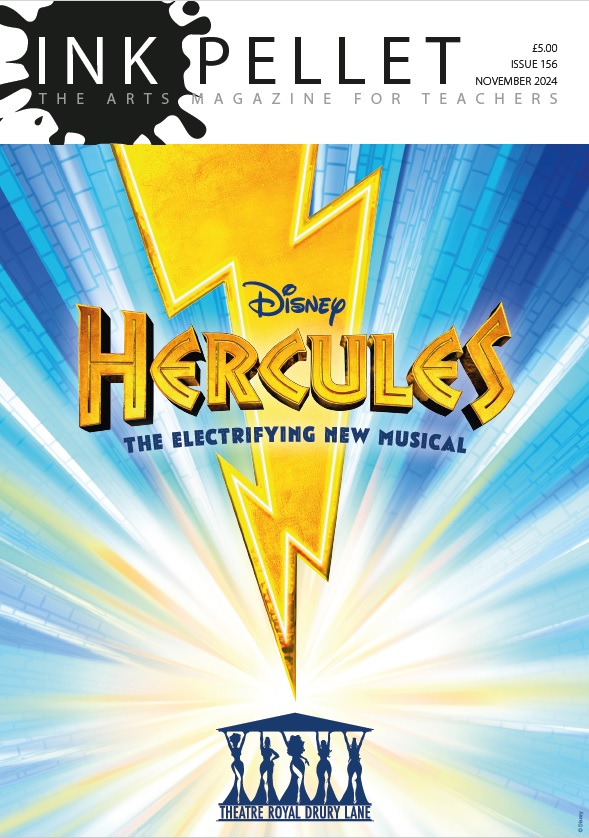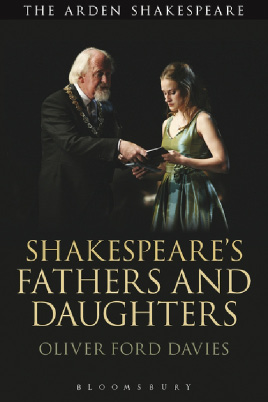By Oliver Ford Davies
Published by Bloomsbury
Have you ever noticed just how many apparently single parent fathers there are in Shakespeare? Prospero, Capulet, Lear, Leonato, Egeus, Shylock et al. Of course, Ford Davies has played most of them. That means that he’s worked with many interesting young female actors such as Mariah Gales who played Ophelia to his Polonius in the 2008 RSC production of Hamlet and Nancy Carroll who played Cordelia to his Lear in 2002 at The Almeida.
He gives us plenty of insights into how an actor might approach this paternal/filial relationship along with background historical commentary on the changing legal rights and responsibilities of fathers and their portrayal in drama, “more nuanced and realistic” in Shakespeare than in say Marlowe’s The Jew of Malta in which fathers and daughters become “farcical melodrama.”
Take Shylock and Jessica, for example. Ford Davies argues that Shakespeare’s treatment of them is so ambiguous that “it turns what could be an anti-semitic melodrama into a more complex study of race, wealth and class” and to reinforce this point he cites other contemporary versions of the story which do it differently. Desdemona, he suggests is probably another of Shakespeare’s fifteen year olds – “immured in her father’s house, and innocent of sex, marriage and the ways of the world” – who, like Juliet is “clear, honest and determined” so that her innocence becomes a source of strength.
Oliver Ford Davies is an unusual actor because he’s also an accomplished academic – that makes him a pretty cerebral blend of practical and theoretical. Shakespeare’s Fathers and Daughters (for Bloomsbury’s Arden Shakespeare series) is a fascinating reflection of his dual approach. He’s also interesting on Shakespeare’s own daughters and daughters in society then and now.
Review by Mark Glover



